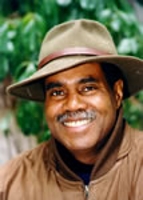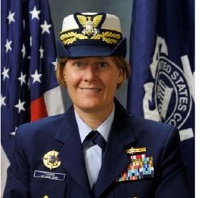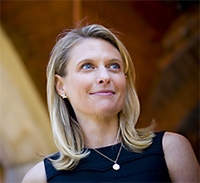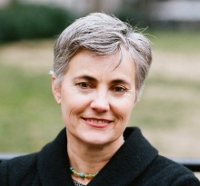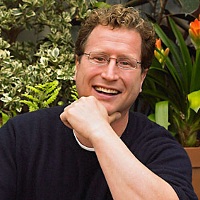"Those who tell the stories rule the world."
-Proverb of the Native American Hopi Tribe
On March 12 1932, America was in crisis: banks closed, industries shut down, many millions thrown out of work. Desperate bands roamed the countryside in search of food and shelter. Worse still, in large sections of the country the weather had changed violently, covering once productive fields and towns with vast quantities of dust that choked out every living thing. People were frightened. It seemed that the very edifice of government was beginning to crumble. But one man was not afraid. That evening, in a calm and steady voice, he sat down to speak to the American people, directly: "I want to talk for a few minutes with the people of the United States…," he began. "I want to tell you what has been done in the last few days, why it was done, and what the next steps are going to be."
With that simple start, Franklin Delano Roosevelt began to heal a wounded nation. He accomplished this in no small part through the use of positive narrative — ‘storytelling’ — the hallmark of successful presidents from Lincoln to Teddy Roosevelt. Throughout his 40-odd Fireside Chats, his over 900 press conferences and his countless speeches, again and again Roosevelt used stories to tap into humankind’s primeval need to understand issues not only in intellectual terms, but on an emotional level as well — a method that drew listeners into the narrative and made them active participants in the outcome of their own story. Color, creed or political stripe didn’t matter, insisted Roosevelt at every opportunity. We were all simply in this together. Later, with the arrival of war, FDR further honed this message. America was not simply fighting the Axis, he reminded us, Americans were fighting for freedom of speech, freedom of worship, freedom from want, freedom from fear — throughout the world, for everyone.
Seventy years later, we in America have for the most part abandoned or corrupted the use of positive narrative in US domestic politics, choosing instead to bury opposition under a deluge of competing noise, slice political discourse with divisive accusations, and worst of all use demagoguery to cloud vital issues that affect us all.
Internationally, the situation is even more bleak. Lacking strong, shared convictions about what America is or represents, we’ve allowed others to hijack our national narrative, twisting and contorting it to their own purposes, often to the danger and detriment of the United States and its allies.
On Saturday, November 14th, The Franklin Delano Roosevelt Foundation will bring together a unique confluence of diplomats, politicians, historians, social scientists and most important of all — professional story-tellers — to examine this problem. Beginning with a study of FDR’s use of narrative, we’ll explore the psychological power of story-telling on the human mind, and propose multi-disciplinary ways to restore and invigorate the narrative of the United States at home and abroad.
Speakers
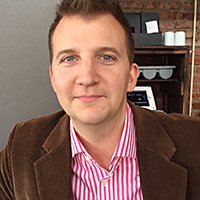
R.J. Bee is Senior Vice President, Hattaway Communications where he manages day-to-day operations at Hattaway and leads project teams to create research-based strategies, content and campaigns for U.S. and international organizations such as the Rockefeller Foundation, Energy Foundation, USAID, World Health Organization, City Year and Packard Foundation. Before joining Hattaway, R.J. consulted for technology and clean energy startups, political candidates and nonprofit organizations. R.J. earned an M.A. in International Relations from the University of Chicago and a B.A. in Political Science from the Ohio State University.
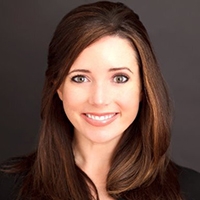
Katherine Brown currently serves as the Executive Director of the United States Advisory Commission on Public Diplomacy at the State Department. She previously served in the U.S. government as an assistant to the National Security Advisor at the White House; as a communications advisor at the U.S. Embassy in Kabul; and as a Professional Staff Member at the Committee on Foreign Affairs at the U.S. House of Representatives. Katherine also worked throughout South Asia as a Communications Manager for The Asia Foundation and as one of the original editorial staff members for Bloomberg View, the opinion platform for Bloomberg News. She has taught international political theory and communications at American University and at Columbia University, where she received her Ph.D. in Communications in 2013.
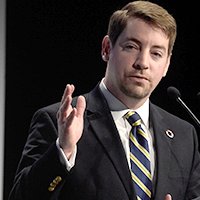
Brett Bruen is president of the Global Situation Room and the former Director of Global Engagement at the White House. During twelve years as a U.S. diplomat, Brett became a specialist in using strategic communications to influence the course of crisis and conflict. As Director of Global Engagement at the White House, he created some of the government’s most innovative programs for reaching new audiences around the world. While at the White House, he was responsible for public diplomacy programs, international media, crisis communications, and globalentrepreneurship. In his current role as President of the Global Situation Room, he runs a consulting firm specializing in strategic communications, international public policy, and crisis management. He also serves as an adjunct faculty member of the Federal Executive Institute, where he trains senior U.S. Government leaders on strategy and world affairs.
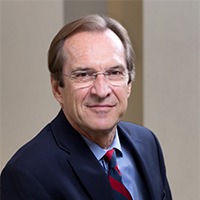
David Ensor is a Fall Term Fellow at the Shorenstein Center in the Harvard Kennedy School, writing about U.S. international broadcasting and digital media. In May, he completed four years serving as Director of the Voice of America in Washington, DC. VOA is a U.S. funded, editorially independent media organization, which reaches over 170 million people a week in 45 languages through television, radio, internet and social media. Ensor also served as Communications director at the US Embassy, Kabul, Afghanistan and as Vice President of a Swiss commodity trading firm. He was a network news correspondent for 32 years, at NPR, ABC News and CNN.
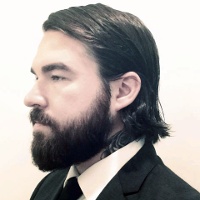
Isaac Fitzgerald has been a firefighter, worked on a boat, and been given a sword by a king, thereby accomplishing three out of five of his childhood goals. He is the editor of BuzzFeed Books and co-author of Pen & Ink: Tattoos and the Stories Behind Them. More at www.isaacfitzgerald.net.
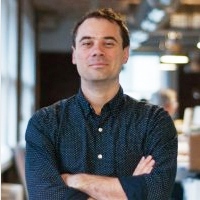
Joshua Green is a VP of Digital Strategist at Arnold. His experience includes developing consumer-facing online and mobile products and helping create the organizational changes to realize them. He’s designed near and future-states for customer service systems, created new products and editorial practices for content companies, run influencer and digital campaigns, and created and run original consumer research projects using custom-built research techniques. Joshua earned a PhD in Media Studies writing 300-pages about Dawson’s Creek and Australian television, and is a big fan of home cooking and mass transit.
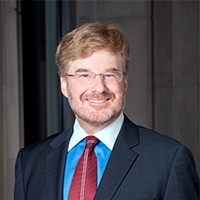
Ambassador (r.) David Huebner is a partner in Arnold & Porter LLP’s international arbitration, public international law, and national security practices. Previously he held senior positions in the Asia Pacific region, including as Ambassador to New Zealand and Samoa, chairman & CEO of an international law firm, founding chief representative of a firm in Shanghai, and special policy assistant to a member of Japan’s Diet. He is a graduate of Princeton University (summa cum laude) and Yale Law School, and a life member of the Council on Foreign Relations.
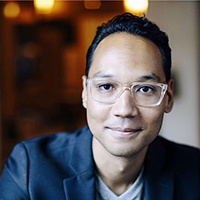
Brad Jenkins is the Managing Director and Executive Producer of Funny Or Die DC. For the last four years, Jenkins served as President Obama’s liaison and director of engagement to the creative and advocacy communities, bringing together creative executives, advocacy leaders, and some of the world’s biggest stars to advance the President’s agenda — including his Emmy-award winning “Between Two Ferns” interview on the Affordable Care Act. Jenkins also served President Obama in the 2008 Presidential campaign as the Deputy Director of Special Projects directing the intersection of youth media and grassroots engagement. Before the 2008 campaign, Jenkins worked on the trading desk for asset management firm, Farallon Capital in San Francisco, CA. He now resides in Bloomingdale in Washington D.C. and spends most of his time changing diapers and performing living room comedy for his 2 year-old daughter, Sadie and 6 month-old son, Oscar.
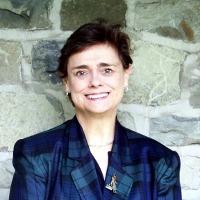
Cynthia M. Koch is Public Historian in Residence at Bard College. She was Director of the Franklin D. Roosevelt Presidential Library and Museum Hyde Park, NY, 1999-2011. She holds B.A. Pennsylvania State University; M.A. and Ph.D. from University of Pennsylvania. Her publications include a number of articles on Franklin Roosevelt, including “Franklin Roosevelt’s Dutchness: At Home in the Hudson Valley” in Dutch New York: The Roots of Hudson Valley Culture (Oxford, 2009). In 2011, Cynthia delivered the 5th Annual Franklin Delano Roosevelt Memorial Lecture at Adams House, Harvard.
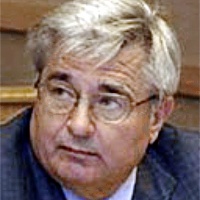
John W. Rendon, Jr., is CEO and President of The Rendon Group, Inc. a leading global strategic communication consultancy that has worked in or on 127 countries. He is considered to be a leading pioneer in the use of strategic communications as an element of power and a thought-leader in harnessing the power of emerging technologies in support of real time information management. He has served as an executive communications consultant to the White House, U.S. Department of Defense, and Fortune 500 companies. He participates in forward-thinking organizations including the Aspen Institute, Highlands Forum and lectures at many institutions and universities on the impact of emerging information technologies on the way populations think and behave. For TRG, there are no foreign countries, only new ones.
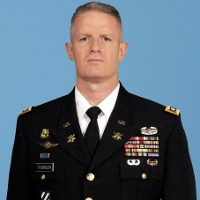
Lieutenant Colonel Scott Thomson joined the United States Army in 1987, serving in various Armor and Cavalry units as an enlisted Soldier and as an Armor officer. He has served as a Psychological Operations officer in the United States Army Reserve since 2006 in various capacities, including detachment commander, company commander, battalion operations officer, and battalion commander. LTC Thomson holds master’s degrees in communications management and military arts and sciences. He is currently a National Security Fellow at the Harvard Kennedy School of Government.
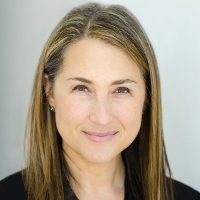
Anne Terman Wedner currently serves as a commissioner on the U.S. Advisory Commission on Public Diplomacy. Previous to her political involvement, Anne developed strategic marketing and communications programs in the advertising and the financial services industries. In her early career, Anne represented the United States as a foreign service officer in France and Venezuela. Anne is also currently a board member of Harvard GlobalWe and the Chicago Council on Global Affairs. Anne holds a master of arts in law and diplomacy from the Fletcher School of Law and Diplomacy and a AB from Harvard University.
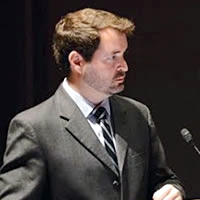
Jed Willard directs the FDR Center for Global Engagement at Adams House, honoring the 32nd President’s legacy by pursuing solutions to current global challenges and keeping in mind their historical origins. Current efforts focus on climate change, information and influence, and revitalizing faith in the post-Enlightenment tradition, the Arctic, the Transatlantic Alliance, and the linkages between cultural and economic diplomacy. Willard is also a consultant and Founding Director of the Public Diplomacy Collaborative at the Kennedy School. Earlier he was a founding partner and board member at LanguageCorps, launching 16 work-abroad programs on four continents. Willard is from New Orleans, with a Bachelors Degree in History (Adams House ’96) and a Masters Degree in Public Administration from Harvard.
Schedule of Lectures and Workshops
9:30-9:40
Welcome by Judy Palfrey, Master of Adams House
9:40-10:15
"The American Story: From Washington to Roosevelt, Reagan and Beyond" History has been put to use by American leaders since the earliest days of the republic. It helped form—and expand—a nation based on principles of freedom, equality, and divinely inspired exceptionalism. In the 20th century Franklin Roosevelt and Ronald Reagan, two of the nation’s greatest communicators, used history to advance their political agendas. But in the 21st century we realize that many Americans were left out of this triumphalist vision. Is the “master narrative” of American exceptionalism still available to American leaders? If not, what can replace it?
Cynthia Koch
10:20-11:30
Morning Panel: "Storytelling in a Noisy World" America has failed to present a coherent, convincing, and consistent counter narrative to the aggressive propaganda efforts of Russia and ISIS. Instead, the United States often falls into the trap of merely countering misinformation. To win on the modern information battlefield, the United States must place greater emphasis on creating and advancing a compelling meta-narrative across its programs and those of its allies.
Brett Bruen, Isaac Fitzgerald, Scott Thompson
11:30-12:30
Lunch
12:45-1:30 – (choose one)
Workshop 1A — Public Relations — "What Motivates the Millennial Generation?"
How is the "digital generation" influencing America’s 21st-century story? Do those born after 1980 engage with peers, policies, corporations and brands differently from their forebears? Explore the intersection of politics, public relations, and youth-organizing.
R.J. Bee and students
Workshop 1B — Political Science — "Influence Operations: Art or Science?" Discuss the use of strategic communications as an element of power. How do we harness the power of emerging technologies in support of real time information management? What does this practice look like from the White House? From the Defense Department? From the private sector?
John Rendon
Workshop 1C — Public Diplomacy — "The Limits of Persuasion" Does America’s hard (material) power eclipse its soft power? Do US information activities effectively support foreign policy objectives? Participants in this workshop will learn how the US employs smart power tactics and share their feelings and advice about the government’s limitations.
Katherine Brown
1:45-2:30 – (choose one)
Workshop 2A — History —"The Fictional Inevitability of Liberal Democracy""Democracy is the worst form of government, except for all the others" – Winston Churchill
Was FDR’s chum right? Join our breakout group to consider current and historic forms of government that continue to appeal to world audiences. Through role play, discussion and debate, isolate the factors that create contemporary governing challenges for liberal democracy and help us answer the question: Is liberal democracy something for which we will still fight?
Jed Willard, Anne Wedner
Workshop 2B — International Broadcasting — "International Broadcasting and Media: Exporting the First Amendment in the Digital Age" In an increasingly crowded and competitive global media space, does advocacy trump impartiality? Should the Voice of America be a full-throated advocate for American policy–for the White House of the day–or should it be as it is now, an independent journalistic organization with the goals of balance, objectivity and honesty? That is a debate underway in Washington. I am on one side of it, but want my workshop participants to understand both points of view.
David Ensor
Workshop 2C — Advertising — "Framing and Narrative in the Digital Age" Which traditional rules of advertising still hold, and which traditions are out of date? How do leading brands understand the social networks where they wish to communicate and "cut through the noise?" Do product lines need story lines? At this workshop, learn how is branding today different from branding in the 20th century.
Josh Green
2:45-3:55
Afternoon Panel: "Where We Go From Here" Building on the discussions throughout the day, we’ll talk about the overall challenges and opportunities that have been surfaced, and focus on potential solutions and ideas for using the power of positive narrative and strategic storytelling to help restore our image abroad and advance the goals of the United States.
R.J. Bee, Brad Jenkins, Cynthia Koch
4:00-4:45
8th Annual Franklin Delano Roosevelt Memorial Lecture" ‘What is Our Story, Anyway?’ American Narratives in the 21st Century"
Ambassador David Huebner
5:00
Reception in the Gold Room

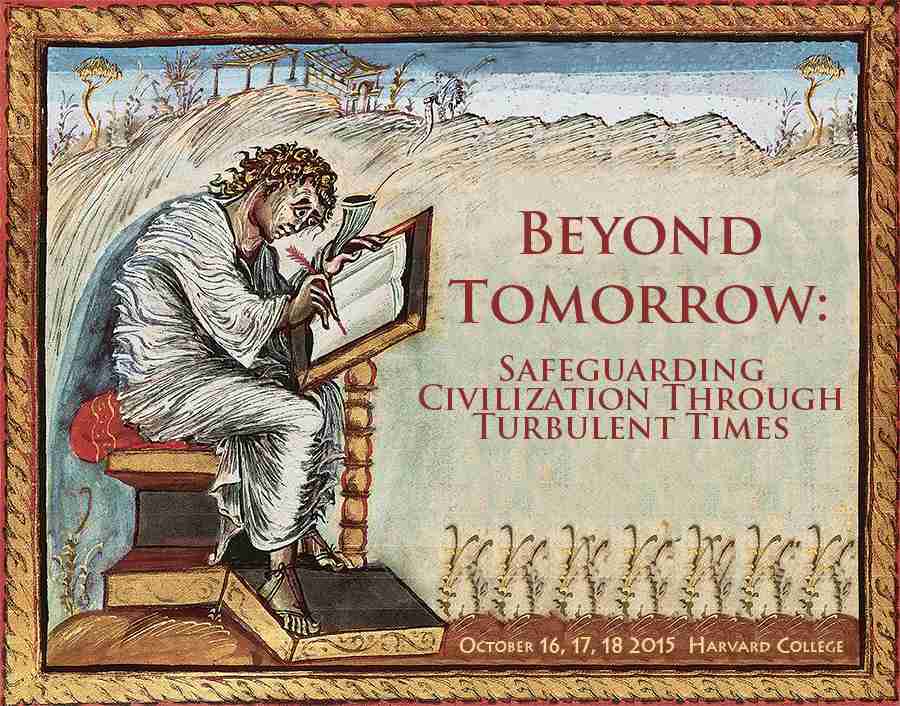
 4:00-6:30pm: Opening Session
4:00-6:30pm: Opening Session Location: Boylston Hall, Harvard Yard:
Location: Boylston Hall, Harvard Yard: Location: Boylston Hall, Harvard Yard
Location: Boylston Hall, Harvard Yard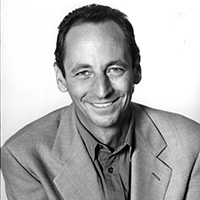
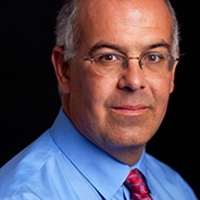
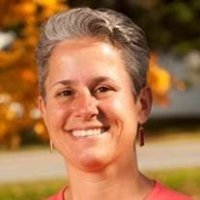
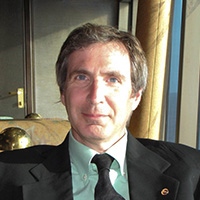


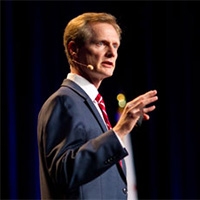
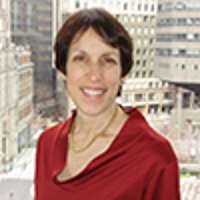
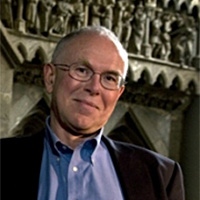
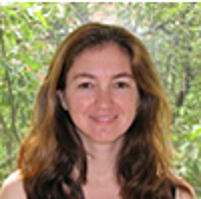
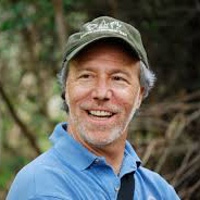
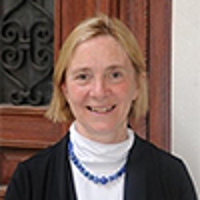
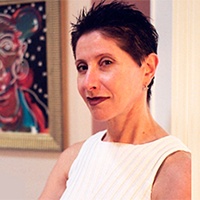
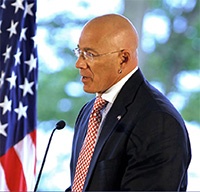
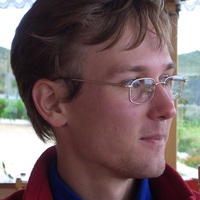
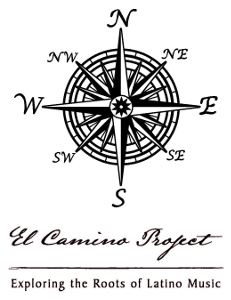
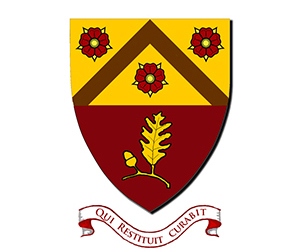
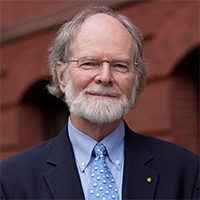
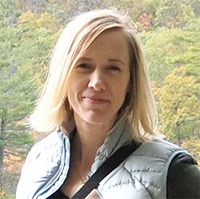
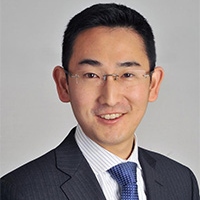
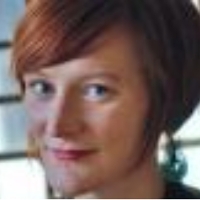
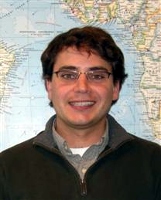
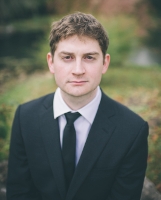
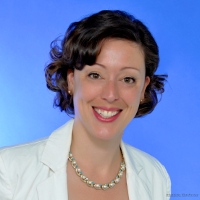
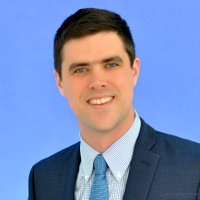 Philip Martin Duguay is a Public and Cultural Affairs Attaché with the Québec Government Office in Boston. His work focuses on energy, environmental, transportation and public security matters. He also works to create cultural exchange opportunities between Québec and New England. Raised in Connecticut, Philip was based in Canada for the last 13 years, where he studied and worked on energy policy and international development issues. He has a B.A. from Dalhousie University in Halifax, Nova Scotia, and a joint law degree (B.C.L.-LL.B.) from the McGill University, Faculty of Law in Montreal, Québec.
Philip Martin Duguay is a Public and Cultural Affairs Attaché with the Québec Government Office in Boston. His work focuses on energy, environmental, transportation and public security matters. He also works to create cultural exchange opportunities between Québec and New England. Raised in Connecticut, Philip was based in Canada for the last 13 years, where he studied and worked on energy policy and international development issues. He has a B.A. from Dalhousie University in Halifax, Nova Scotia, and a joint law degree (B.C.L.-LL.B.) from the McGill University, Faculty of Law in Montreal, Québec.